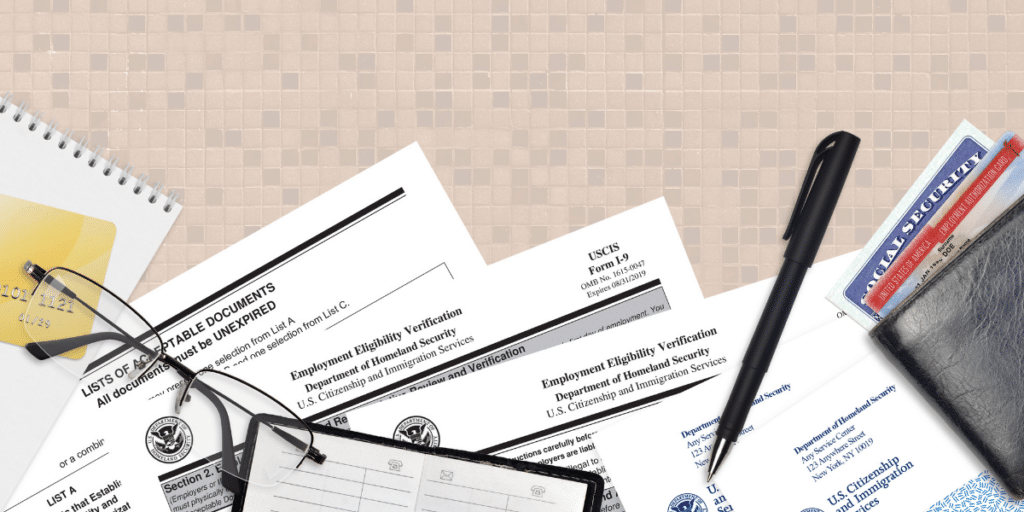Sorting out child support is never easy, and when private school tuition enters the mix, things can get even more complicated. If you’re wondering who’s responsible for covering costs for tuition and other fees, you’re not alone.
To help clear things up, we’re breaking down what child support usually covers, how private school expenses might fit in, and what to expect here in North Carolina.
What Does Child Support Typically Cover?
Child support exists to make sure your child’s everyday needs are met, even after their parents separate. Usually, this means covering:
- Housing expenses, such as rent or mortgage payments, utilities, and upkeep.
- Food to provide regular, nutritious meals.
- Clothing that supports a child’s day-to-day activities.
- Medical care, including health insurance and out-of-pocket expenses for doctor and dentist visits or medications.
It’s important to note that North Carolina’s Child Support Guidelines don’t automatically include extras like the cost of extracurricular activities, sports fees, or private school tuition. Expenses related to special or private elementary or secondary schools are considered “extraordinary expenses.” They are allowed in North Carolina, but they typically require additional negotiation or court intervention.
When Is Private School Tuition Considered in Child Support?
So, when might private school costs be part of a child support agreement? In North Carolina, courts may consider the inclusion of private school tuition in child support. Here are a few key factors that might come into play:
A History of Private Schooling
Suppose your child has always been in private school, even before the separation. In that case, the court may agree that continuing this education is in the child’s best interest, especially if it’s clear the environment is good for them.
Parents’ Ability to Pay
Putting children through private school is expensive. The average tuition for the 2025 school year was $12,537 per year for elementary and $13,859 for high school in North Carolina.
The court takes careful consideration of both parents’ finances before making a decision. If paying for private school would significantly stretch family resources, it might not be included. If it’s reasonably affordable for the parents, the court may be more open to making it part of the support arrangement.
Agreement Between Parents
When both parents are on the same page about private school—whether for academic strengths, religious values, or other reasons—the court is more likely to factor in the cost. If only one parent is pushing for it, the outcome may go either way.
Specific Educational Needs
Sometimes, a child’s unique learning needs mean public school doesn’t quite fit. If private school is the best (or only) way to meet those needs, it may tip the balance with the court. If public school alternatives are suitable, it can be harder to convince a court to include private tuition.
How Do Courts in North Carolina Rule?
When parents don’t agree about private school, these are questions that help inform the court’s decision:
- Is the child doing well and thriving in private school?
- Can the family pay for private school and still handle regular expenses?
- What does each parent have to say about why private school matters—or doesn’t?
Ultimately, if the judge decides private school is both necessary and financially doable, they have the authority to adjust child support to include tuition as an extraordinary expense. If it’s more of a want than a need, or if the money just isn’t there, the court will likely rule it out.
Tips for Parents Navigating the Process
Worried about how to handle private school costs in your custody or support case? Here are some practical steps you can take:
1. Talk to an Attorney Early
Child support laws in North Carolina can be complex. Having a qualified attorney in your corner can give you clarity about what’s possible, what your rights are, and how private school might fit into the picture.
2. Bring Up Private School Upfront
If private education is important to your family, talk about it upfront as part of custody discussions. The sooner you get it on the table, the fewer surprises down the road. Even if private school doesn’t seem like a possibility during initial divorce talks, life can change. A child’s needs may merit an education neither parent anticipates.
3. Keep Detailed Records
Hang on to every receipt, invoice, and statement connected to tuition and school expenses. Having clear, organized records makes it easier to present your case in court, if necessary.
4. Work Toward Cooperation
Whenever possible, try to work together with your co-parent about major decisions. Courts are more likely to honor a plan you’ve agreed on—and it usually makes the process less stressful for everyone involved.
Partner with Dozier Miller Law Group for Child Support Guidance
At the end of the day, your child’s well-being is what matters most. At Dozier Miller Law Group, we know just how much these decisions matter for you and your child. Our team of compassionate family law attorneys here in Charlotte is ready to help you figure out what’s right for your family, start to finish.
If you have questions about child support or need help creating a fair agreement, reach out to us today. We’re here to work with you to protect your child’s best interest and your peace of mind.

CATEGORIES
Contact an Attorney
Our attorney offer specialized guidance and representation in a variety of practice areas.

REMEMBER: Always speak with your own attorney
This information is provided for informational purposes only; it is not offered as and does not constitute legal advice.
More Insights and Resources
Learn more about what to expect when facing a family law dispute in Charlotte, North Carolina from Family Law attorneys at Dozier Miller Law Group
Private School Tuition and Child Support: Who Pays?
Sorting out child support is never easy, and when private school tuition enters the mix, things can…
Can You Get Your Due Diligence Money Back? What Homebuyers Need to Know
Purchasing a home is often one of the most significant financial decisions you’ll make. If you’re house…
What NC House Bill 269 Could Mean for Non-Compete Agreements in North Carolina
Non-compete agreements have long been a controversial tool in the corporate world—sometimes protecting legitimate business interests, and…
Protect What Matters Most: Estate Planning for Every Stage of Life
Thinking about the future doesn’t always come naturally. Many of us get caught up in the day-to-day,…
Will a Separation Protect Me Financially?
Separation is never easy, especially when financial questions start piling up. Can you protect your savings? Will…
Practical Custody Arrangements for Families
Trying to figure out custody arrangements? You’ve probably come across terms like joint custody, primary custody, and…
Future-Proof Your Business Against Form I-9 Changes
Running a business is no small feat. Between managing your team, keeping customers happy, and planning for…
When Do You Need an Attorney for a Breach of Contract Case?
Contracts are the backbone of any good business relationship. They bring clarity, set expectations, and hold everyone…
Navigating Immigration Changes and Their Impact on Employment Law
No matter the size of your business, immigration law affects your ability to hire and retain the…
LGBTQ Families and Stepparent Adoption: What You Need to Know in North Carolina
As a family law attorney in North Carolina, I’ve seen many parents assume that their legal status…










